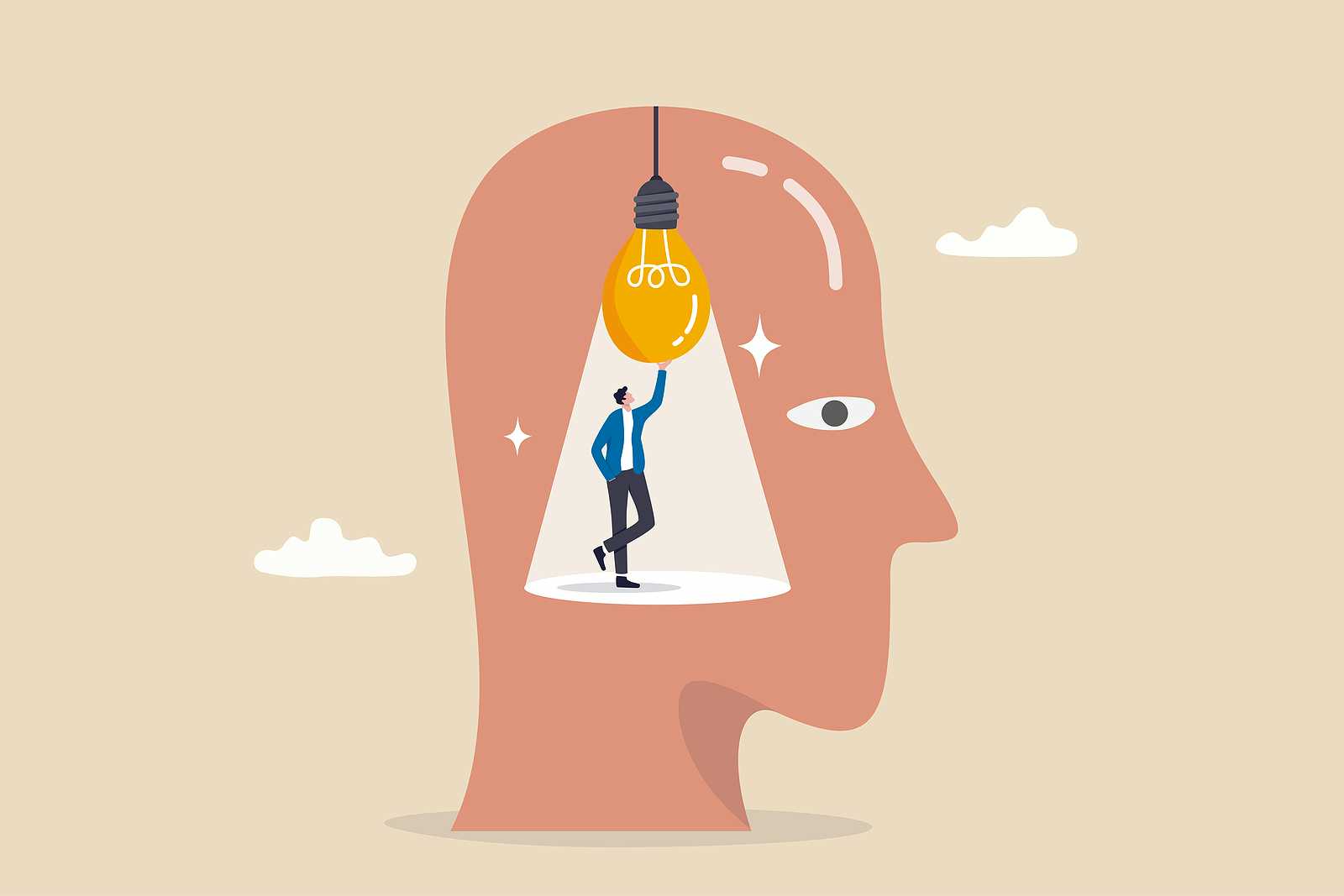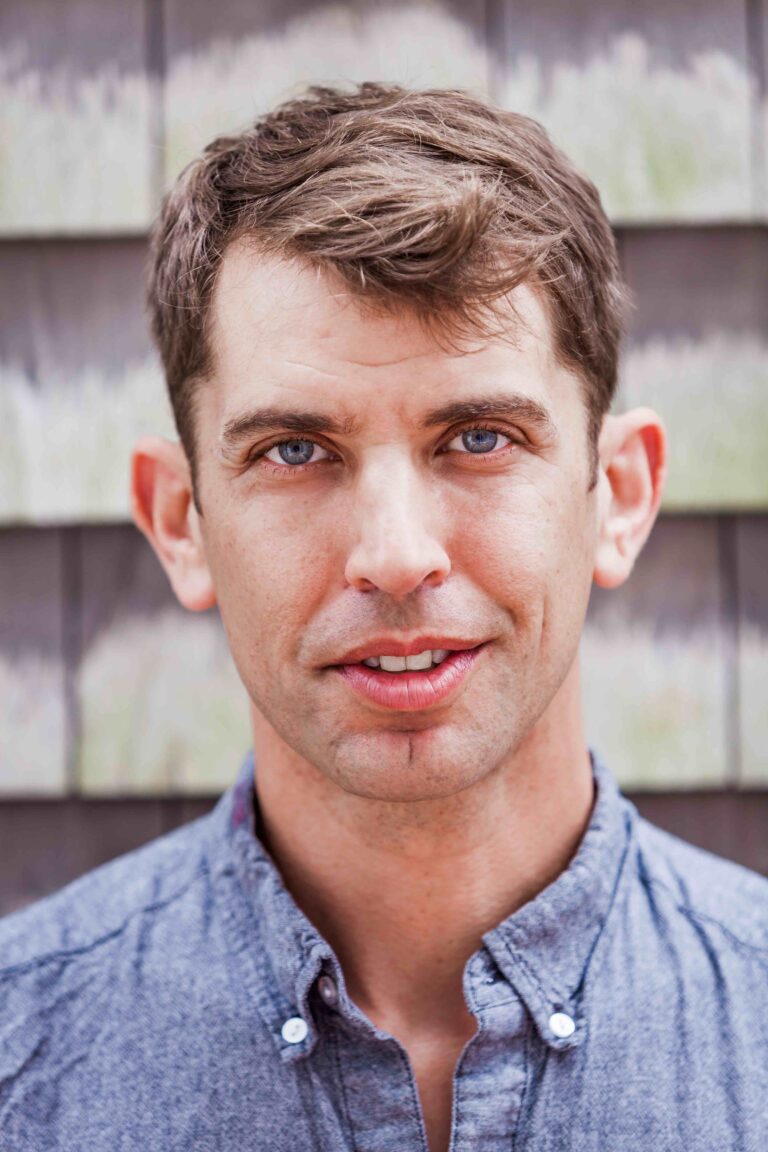
Why Modern Life Breaks Our Brains and What We Can Do About It
In this episode, we acknowledge the many reasons that people may be feeling anxious or depressed. It often seems that current conditions are designed to break our brains. Perhaps that’s why 60 million Americans suffer from depression or anxiety. Not everyone who might be feeling nervous or down in the dumps deserves a diagnosis. However, they can benefit from the practices we discuss in this hour.
Pharmaceutical approaches such as antidepressants can be helpful for people with depression, especially in the short term. Over the long haul, though, we might want to consider whether changing our habits could help us develop the resilience we need. After all, antidepressants frequently result in side effects. Moreover, many people find it difficult to discontinue an antidepressant. Anti-anxiety agents carry similar risks.
Scientific research has shown us the importance of neuroplasticity. Can we tweak our neurochemistry by embracing some simple tenets for living? We don’t really have broken brains, but we might be lacking the skills we need to pursue robust mental fitness. Where will we learn them?
How You Can Listen:
You could listen through your local public radio station or get the live stream on Saturday, July 12, 2025, at 7 am EDT on your computer or smart phone (wunc.org). Here is a link so you can find which stations carry our broadcast. If you can’t listen to the broadcast, you may wish to hear the podcast later. You can subscribe through your favorite podcast provider, download the mp3 using the link at the bottom of the page, or listen to the stream on this post starting on July 14, 2025.
Staying Connected Protects Our Brains:
Good nutrition, adequate sleep and regular exercise are all pillars of mental as well as physical health. Our guest, integrative psychiatrist Drew Ramsey, says staying connected with others is equally important. Cultivating a variety of connections is crucial for our mental health, including friends, family and even casual acquaintances. We should keep in mind that building community is different from building friendships; we need both for mental fitness.
Social isolation can be damaging both for teenagers and for older individuals. Can we use social media to bolster our support systems rather than allowing them to wither? What skills can we help our teens acquire? Dr. Ramsey described a study, the AMEND trial, that combined social connection through social media with learning to cook. The young men in the study posted their cooking experiments on Instagram and bonded with each other over the experience. Adopting a more healthful diet also reduced the youths’ risk for depression.
Maybe Ultra-Processed Food Breaks Our Brains:
One aspect of nutrition that is important to consider is how our food affects our microbiota. Our gut microbiome has a powerful influence on inflammation in our bodies. After all, the immune system is in part anchored in the gut, especially in the gut microbiome. When the microbiome gets disrupted and inflammation rises, our mood and mental health can suffer. What should we be eating to feed our microbes and keep them happy? Dr. Ramsey offers a little rhyme as a mnemonic: “Seafood, greens, nuts & beans…and a little dark chocolate.” We admit the last line breaks the rhyme, but it isn’t too hard to remember! When we asked what foods to focus on for healthy gut microbes, he suggested lentils. Although they are not technically beans, as in the rhyme, they are legumes and contain lots of fiber that helps gut microbes flourish. Dr. Ramsey also extolls the benefits of microgreens, another food that gut microbes love. The microbiome acts as a master dial on our immune system and inflammation levels.
Beyond Diet and Activity:
Dr. Ramsey provides nine tenets for reclaiming robust mental health, even when we may feel like our situation breaks our brains. In addition to thoughtful nutrition, adequate sleep and reliable physical activity, he also stresses the importance of unburdening yourself of past trauma. This need not have been anything as major as a traffic accident or losing a parent, though such experiences are certainly traumatic and deserve attention. Even minor traumas like being picked on as a child can affect our sense of well-being.
Unburdening is the process of acknowledging those and trying to understand where our past is tripping us and blocking our efforts to be mentally healthy in our present. Unburdening yourself can leave you feeling freer to pursue your goals. It helps ground you so that you can pursue your purpose. Journaling, therapy or creative pursuits could all help with unburdening.
How Can You Find Your Purpose?
Finding your purpose might not sound like a step towards better mental fitness, but it is. How do you know when you have found your purpose? Focusing on a sense of identity and of fulfillment will help you with this. Finding a sense of purpose is important at every stage of life, but it may be especially important for older individuals. A job is not synonymous with purpose, although at times they may overlap. Sometimes, people who have relied on work to provide their sense of purpose find themselves at loose ends when they retire.
This Week’s Guest:
Drew Ramsey, MD, is a leading board-certified integrative psychiatrist, best-selling author and leading proponent of Nutritional Psychiatry and Mental Fitness. He served as an Assistant Clinical Professor of Psychiatry at Columbia University in the Vagelos College of Physicians and Surgeons for twenty years. Dr. Ramsey is founder of the Brain Food Clinic in New York City and Spruce Mental Health in Jackson, WY. He is the author of several books, including his latest book, Healing the Modern Brain: Nine Tenets to Build Mental Fitness and Revitalize Your Mind.
The People’s Pharmacy is reader supported. When you buy through links in this post, we may earn a small affiliate commission (at no cost to you).

Drew Ramsey, MD, author of Healing the Modern Brain
Listen to the Podcast:
The podcast of this program will be available Monday, July 14, 2025, after broadcast on July 12. In this week’s podcast, Dr. Ramsey offers further discussion of the idea of finding your purpose and how to do that even after retirement. You can stream the show from this site and download the podcast for free, or you can find it on your favorite platform.
Download the mp3, or listen to the podcast on Apple Podcasts or Spotify.

